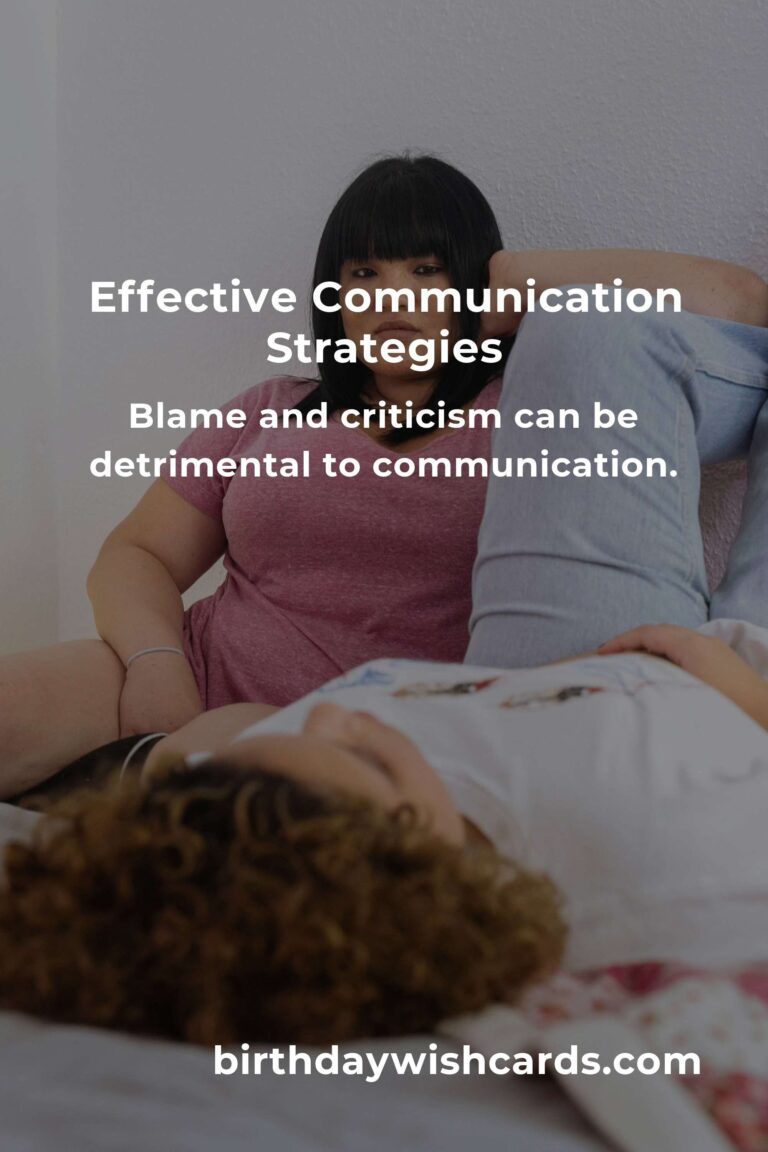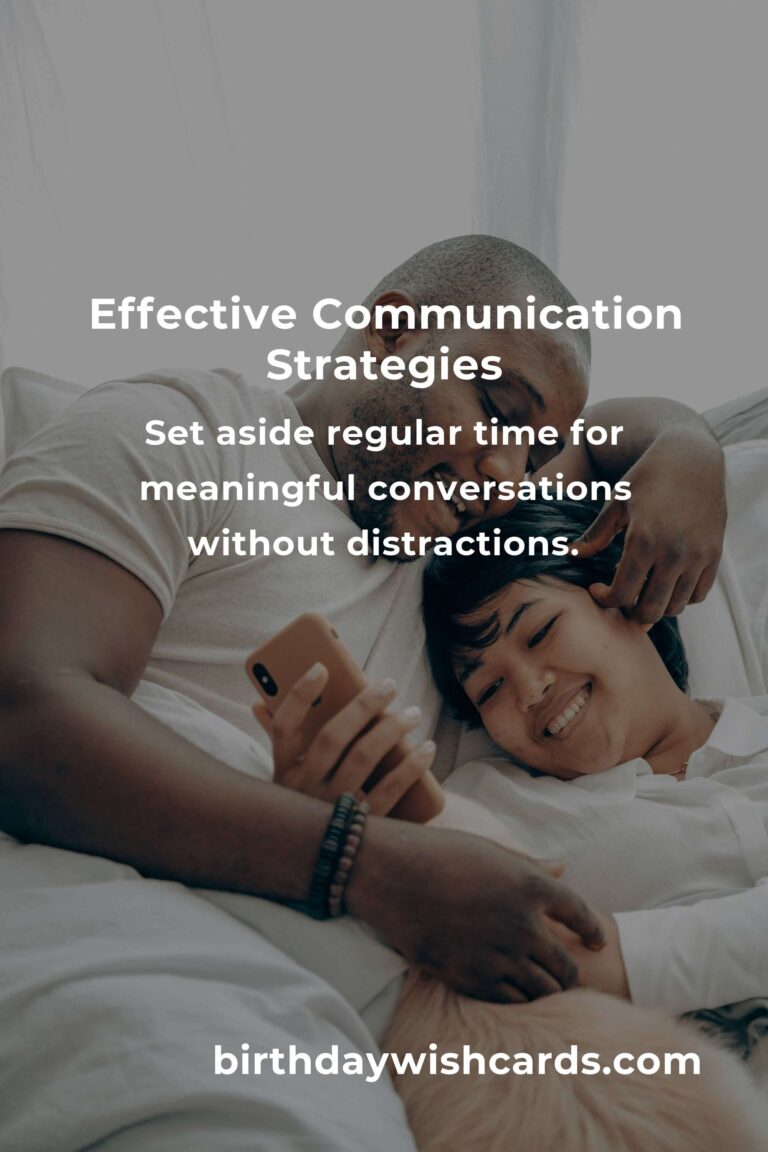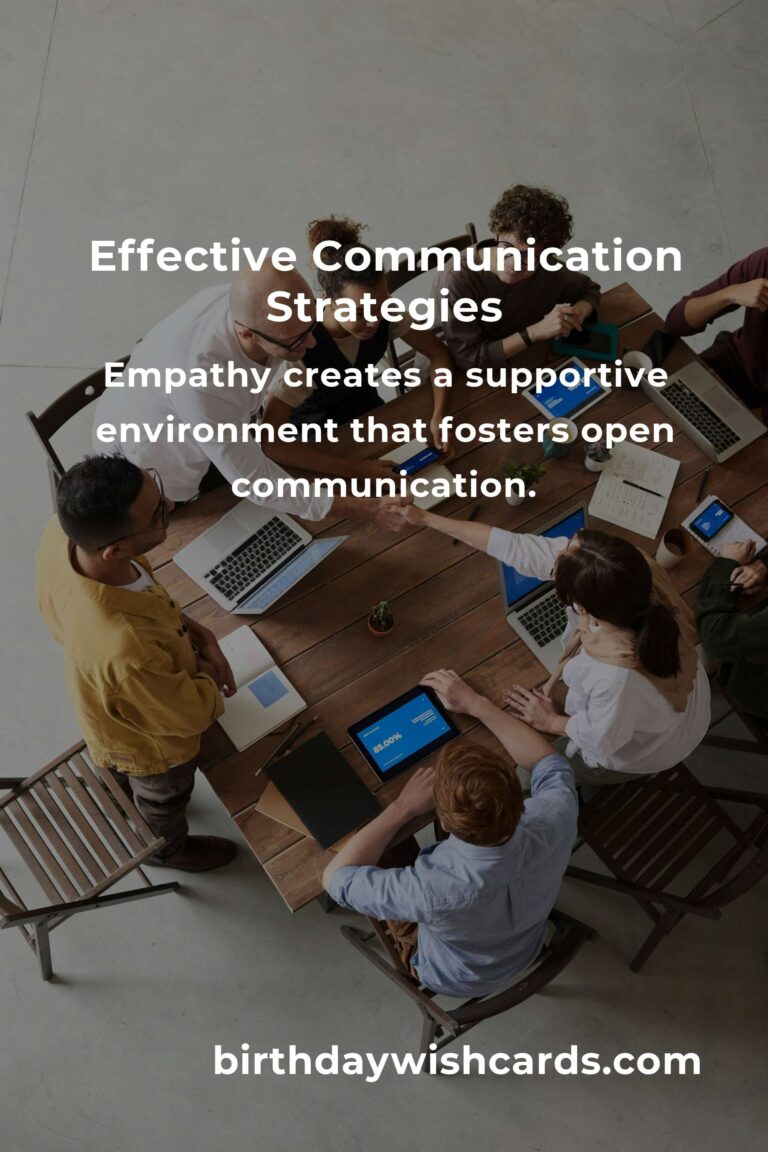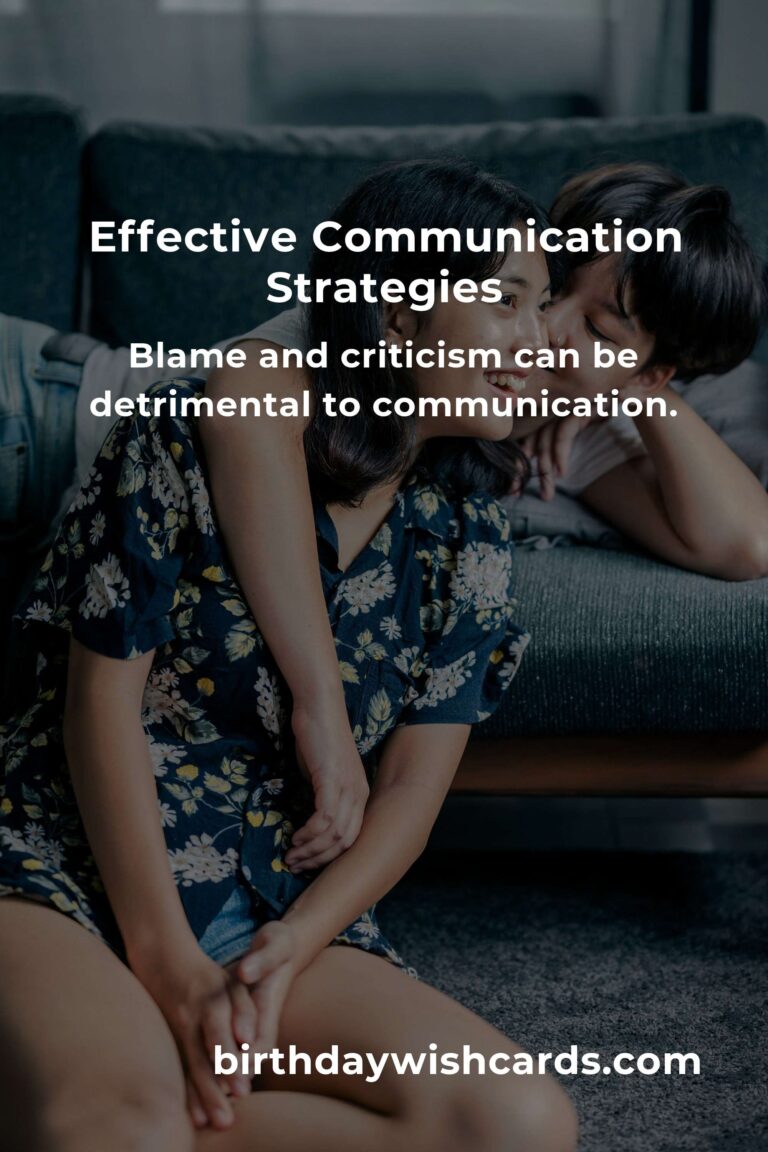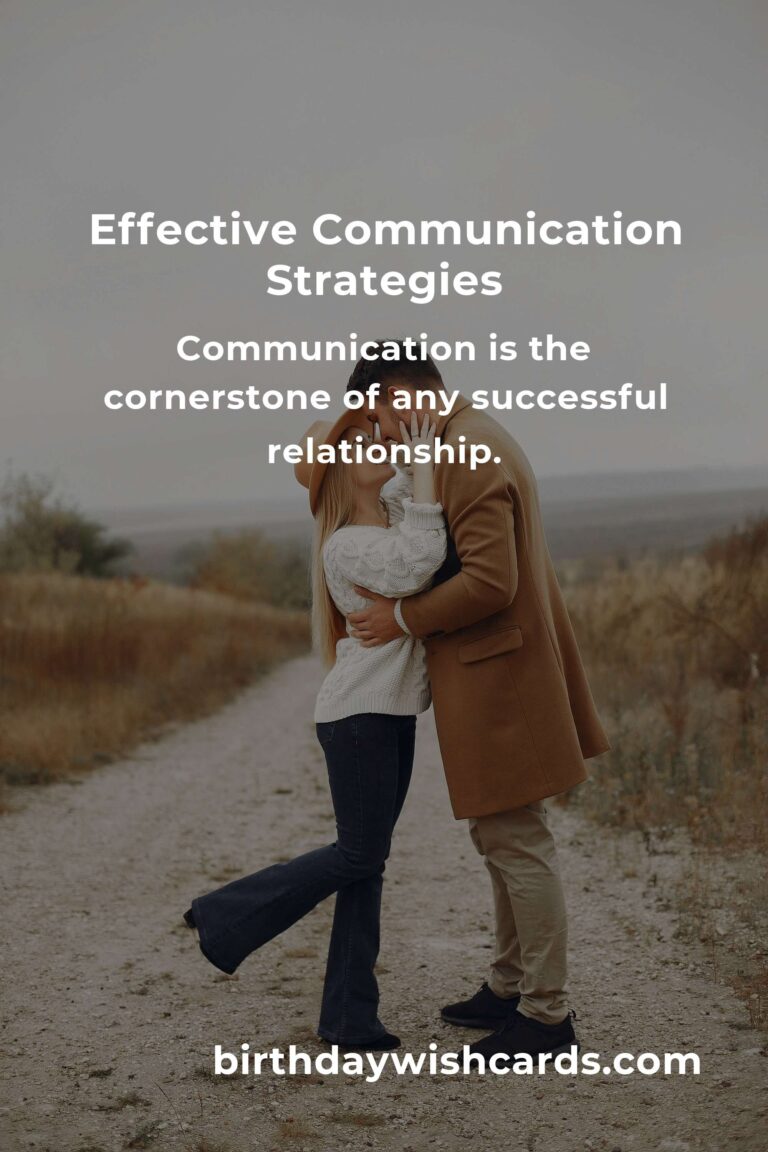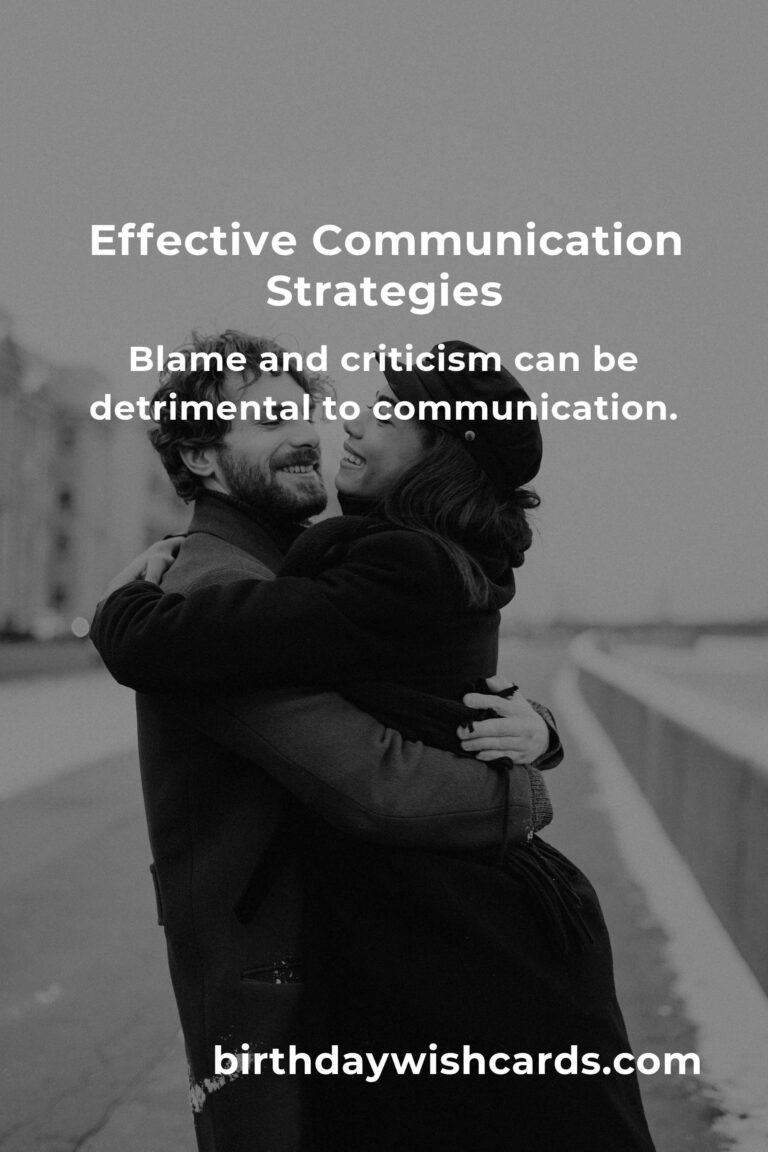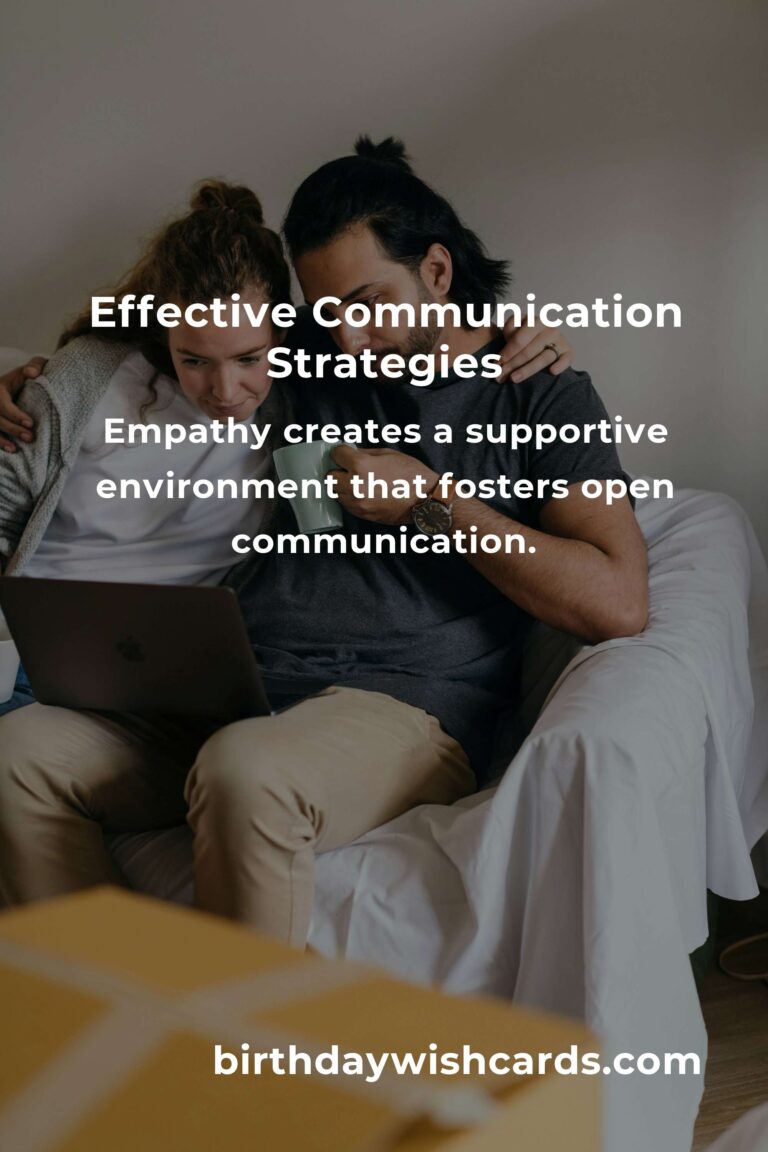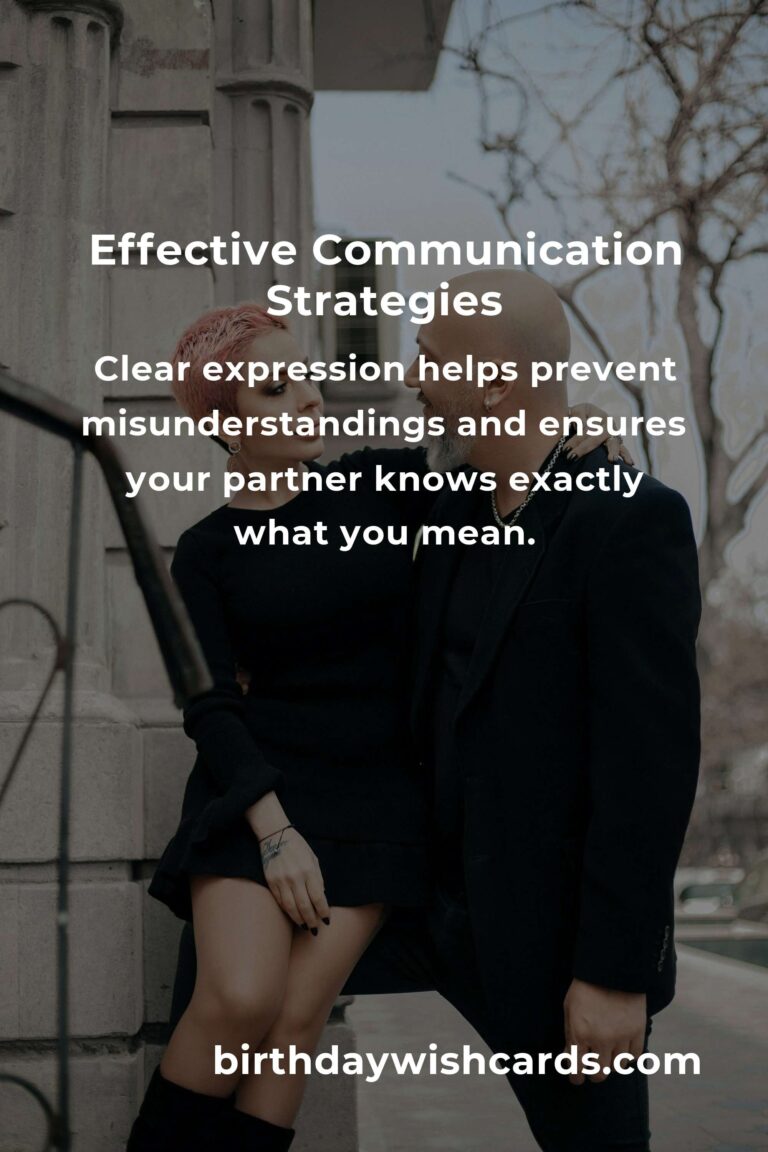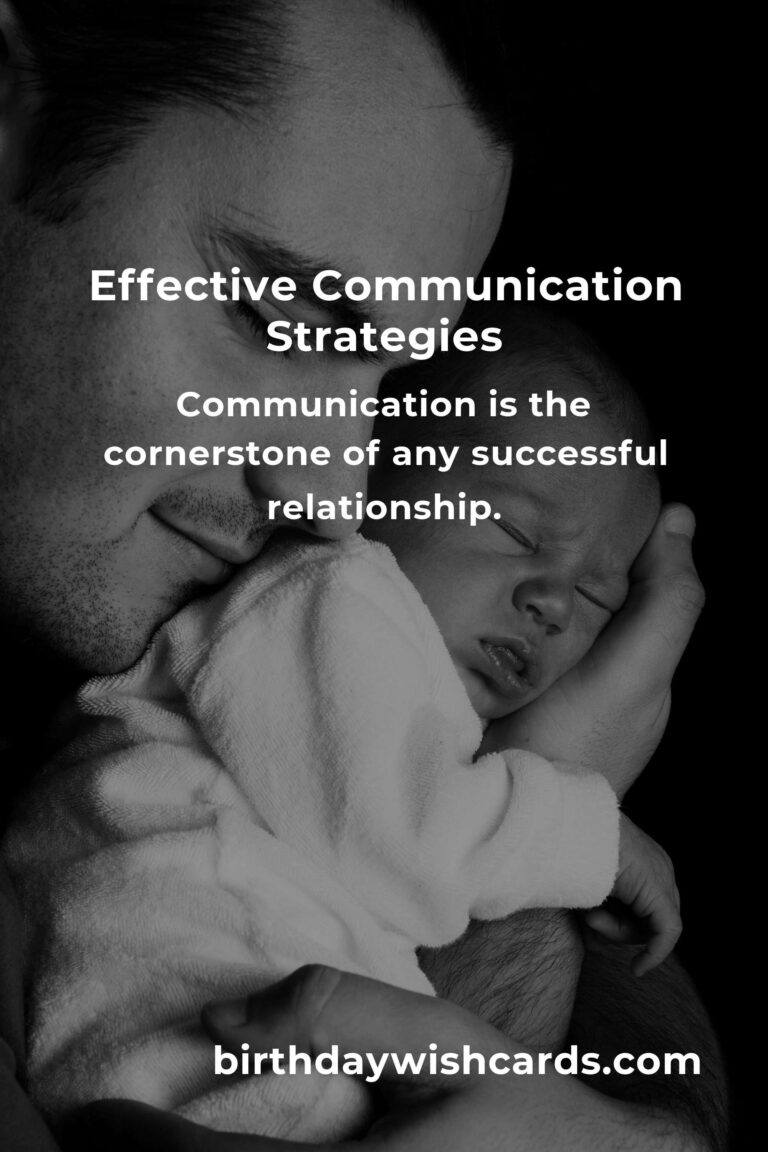
Communication is the cornerstone of any successful relationship. Whether you’re in a long-term partnership or just starting, improving communication can enhance intimacy, resolve conflicts, and build trust. In this article, we explore essential strategies to improve communication in your relationship today.
Understand the Importance of Active Listening
Active listening is not just about hearing words but understanding the emotions behind them. It involves paying full attention to your partner, acknowledging their feelings, and responding thoughtfully. By practicing active listening, you can ensure your partner feels valued and understood.
Practice Empathy and Understanding
Empathy is the ability to put yourself in your partner’s shoes. It involves understanding their perspective and feelings, even when you disagree. By practicing empathy, you can create a supportive environment that fosters open communication.
Express Yourself Clearly
Clear expression is crucial in any conversation. Avoid vague statements and be specific about your needs and feelings. This clarity helps prevent misunderstandings and ensures your partner knows exactly what you mean.
Set Aside Quality Time for Conversations
In our busy lives, it’s easy to overlook the importance of spending quality time together. Set aside regular time for meaningful conversations without distractions. This dedicated time allows you to connect on a deeper level and address any issues that may arise.
Avoid Blame and Criticism
Blame and criticism can be detrimental to communication. Instead of pointing fingers, focus on expressing your feelings using ‘I’ statements. This approach reduces defensiveness and encourages open dialogue.
Be Open to Feedback
Feedback is essential for growth, both individually and as a couple. Be open to receiving feedback from your partner and use it as an opportunity to improve your relationship. Constructive feedback can help you understand your partner’s needs better.
Use Non-Verbal Communication
Non-verbal communication, such as body language, eye contact, and gestures, plays a significant role in conveying messages. Be mindful of your non-verbal cues and ensure they align with your verbal communication.
Resolve Conflicts Constructively
Conflicts are inevitable in any relationship, but it’s how you handle them that matters. Focus on resolving conflicts constructively by staying calm, listening to each other, and finding a compromise that satisfies both parties.
Seek Professional Help if Needed
If communication issues persist, consider seeking professional help. A therapist or counselor can provide valuable insights and tools to improve communication in your relationship.
In conclusion, improving communication in a relationship requires effort, patience, and a willingness to understand your partner. By implementing these strategies, you can strengthen your relationship and create a deeper, more meaningful connection.
Communication is the cornerstone of any successful relationship. Active listening involves paying full attention to your partner and acknowledging their feelings. Empathy creates a supportive environment that fosters open communication. Clear expression helps prevent misunderstandings and ensures your partner knows exactly what you mean. Set aside regular time for meaningful conversations without distractions. Blame and criticism can be detrimental to communication. Feedback is essential for growth, both individually and as a couple. Non-verbal communication plays a significant role in conveying messages. Conflicts should be resolved constructively by staying calm and finding a compromise. Seek professional help if communication issues persist.
#Communication #Relationships #ActiveListening #Empathy #ConflictResolution


